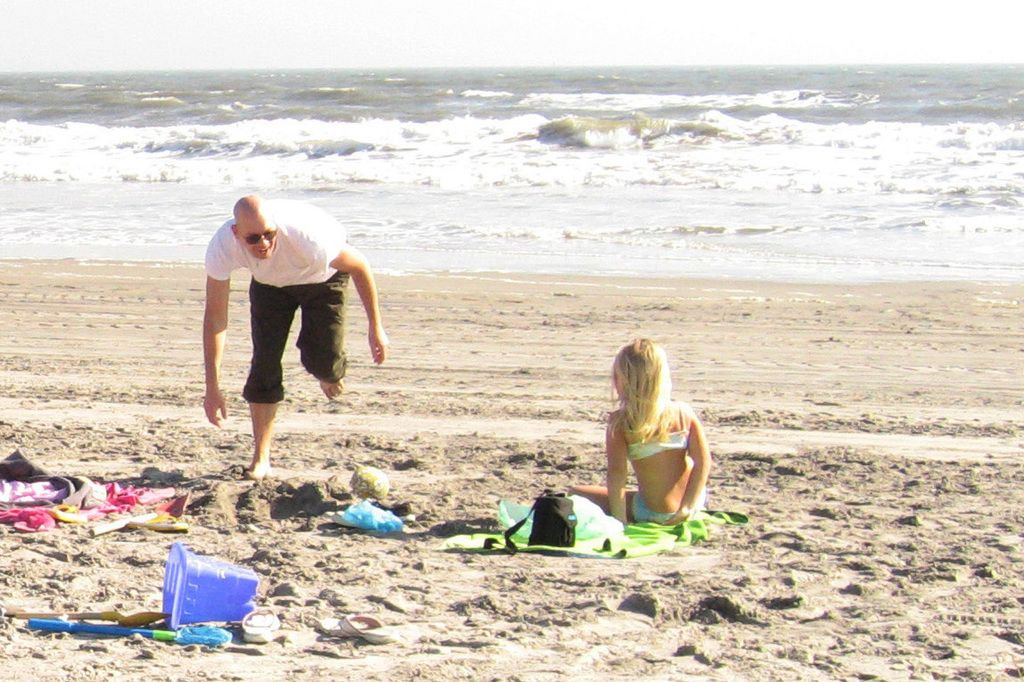Stepping Up Online Control: Russia's Spin on Digital Communication
Russia to Dispatch Personal Representatives
In the heart of Moscow, the Russian Parliament, called the State Duma, has declared a new battlefront - internet communication. The 'homemade messenger' bill, stirring tensions with the West, promises to deliver a secure virtual space for citizens to chat with state and municipal authorities [1]. This digital playground also intends to integrate a variety of state services, from age verification at the supermarket to hotel check-ins, all without the need for physical documents [1].
Leading the charge, Sergei Boyarsky, head of the Duma's Information Policy Committee, claims the software will revolutionize digital living with features such as electronic signatures, digital ID functions, and a host of state documents. To sweeten the deal, online educational offerings might also find a home in this chat hub [1].
Rumors swirl that the developer-to-be could be VK, previously owned by none other than Telegram founder Pavel Durov. However, VK is now under the control of state-linked conglomerates [1].
Russia's Iron Grip on Internet Control
Since Vladimir Putin ordered the invasion of Ukraine, the Russian authorities have strengthened their iron grip on the web. Western and independent content providers have faced legal battles, blocks, or strict restrictions such as YouTube [2]. Allegations of "discrediting the Russian military" have been leveled against them [2].
The Russian government has shown concern over messengers like WhatsApp, Facebook, or Signal, repeatedly raising eyebrows [2].
The Darker Side of Digital Control:
- Internet Censorship: Since February 2022, internet censorship has escalated, blockading foreign online services like YouTube, Facebook, Instagram, and Twitter to manage the narrative and quell dissenting voices [3].
- Promoting Homegrown Tech: As a response, Russia is building its own internet platforms to reduce dependency on Western technology [2]. Domestic software is also being developed to replace foreign services [3].
- VPN & Satellite Internet Restrictions: To keep Russian citizens from circumventing restrictions, VPN providers have been blocked, and Starlink use has been criminalized, with hefty fines for unauthorized use [4].
The aforementioned actions reflect Russia's efforts to control the information flow, minimize Western influence, and foster domestic technology. The implications regarding freedom of speech and privacy are profound [3]. Freedom of speech is compromised as citizens are forced to accept government-approved platforms and narratives [3]. Additionally, concerns about privacy arise when the Russian government wields control over digital communication platforms, potentially using data for surveillance or censorship purposes [2][3].
In essence, Russia's move to control the web is not just about managing information but also silencing opposition voices while growing its domestic technology sector.
In the midst of these digital advancements, debates on the proposed integration of general-news, politics, finance, and technology within Russia's homemade messenger platform unfold, raising concerns about potential biases and censorship. With the platform controlled by state-linked conglomerates, there's a possibility that citizen interactions with government authorities and access to education could be influenced by governmental regulations and censorship.
Meanwhile, Russia's online landscape continues to evolve, with political maneuvers restricting access to popular western services, such as YouTube, Facebook, Instagram, and Twitter, in an attempt to promote homegrown technology and minimalise Western influence. These tightened restrictions have resulted in challenges for internet freedoms, as well as privacy concerns since Russian authorities wield control over digital communication platforms, which might lead to surveillance or censorship practices.







